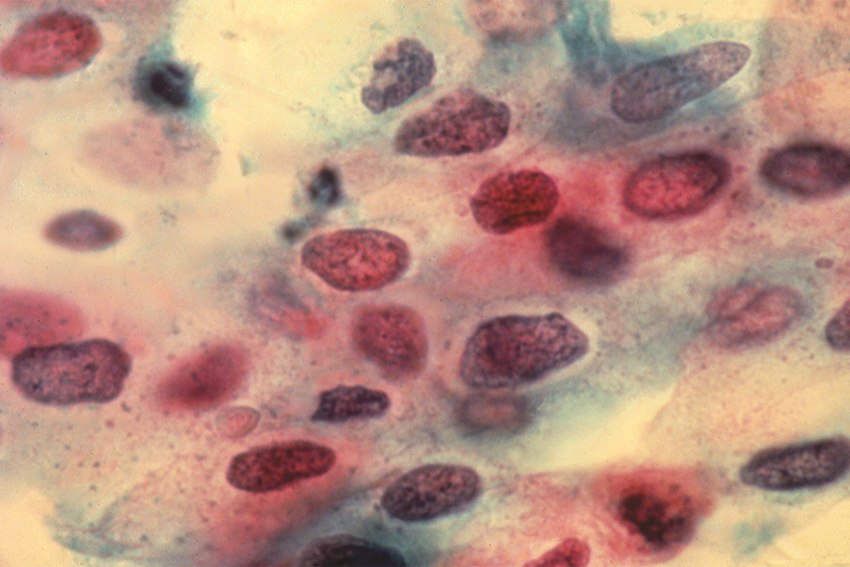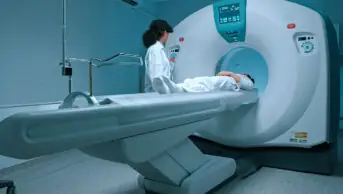
Wikimedia Commons
The human papilloma virus (HPV) vaccination could mean a radical drop in the number of smear tests women need to detect cervical cancer.
A new study has shown that just three screenings could offer the same benefit to those who have been vaccinated as the 12 currently offered by the NHS.
HPV is believed to cause around 99% of all cervical cancers. A vaccination against HPV has been offered to all girls aged 11 to 13 since 2008.
Researchers from Queen Mary University in London found three smear tests at ages 30, 40 and 55 would offer the same benefit to vaccinated women as the 12 lifetime screens currently offered in England.
The results, published in the International Journal of Cancer are based on how the HPV vaccine and the improved cervical screening programme will work best together.
Lead author of the study Professor Peter Sasieni said: “The NHS should benefit from the investment that it has made by introducing the vaccination programme. These women are far less likely to develop cervical cancer so they don’t need such stringent routine checking as those at a higher risk.”
He said that reducing the number of tests for those women who had been vaccinated would “free up resources for where they are needed most.
“The change in the screening system is a unique opportunity to reassess how often women are invited for cervical screens during their lifetimes.”
Meanwhile a new NHS programme “HPV primary testing” is due to be rolled out across England from December 2019 which means that cervical samples will be tested for HPV but only checked for abnormal cells if the virus is found. The current test checks for abnormalities first, which is less efficient.
The new testing system will mean that unvaccinated women will only need seven screenings in their lifetime rather than 12.
Meanwhile new figures show that the proportion of eligible women in England currently having a smear test has dropped below three-quarters.
Statistics published by NHS Digital show that in March 2017, 72% of eligible women were screened within the recommended timeframe, compared to 75.7% in 2011.


